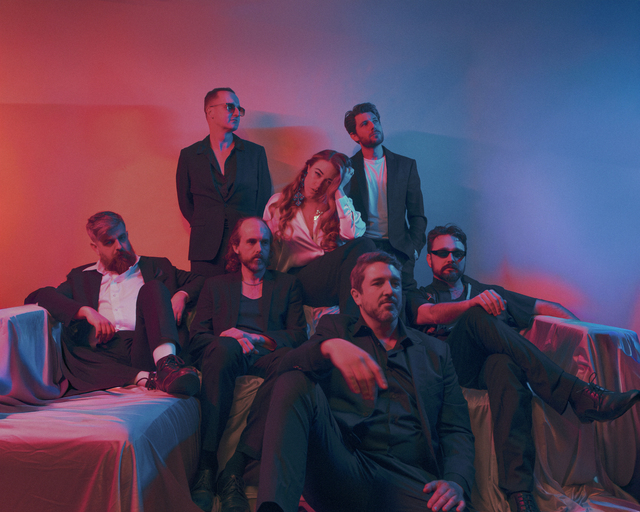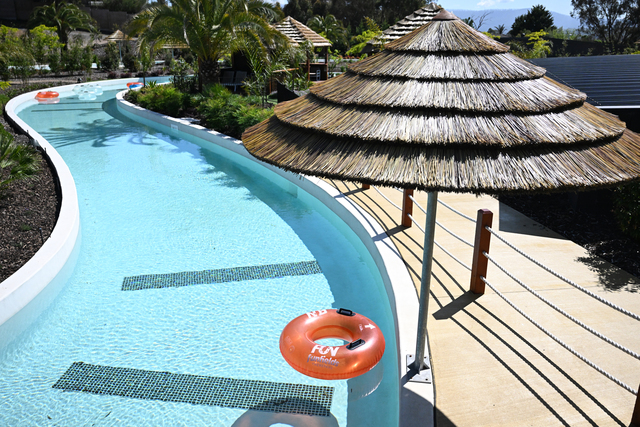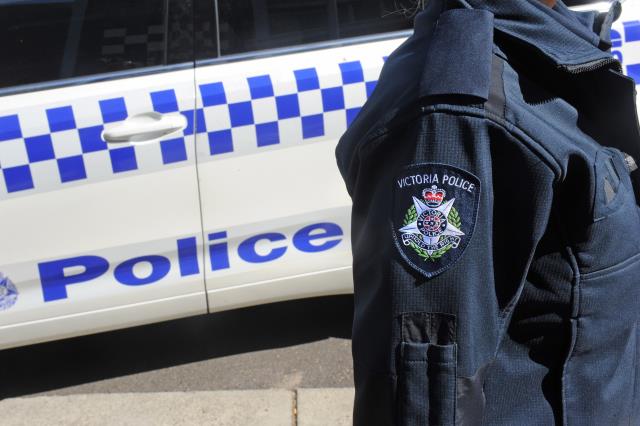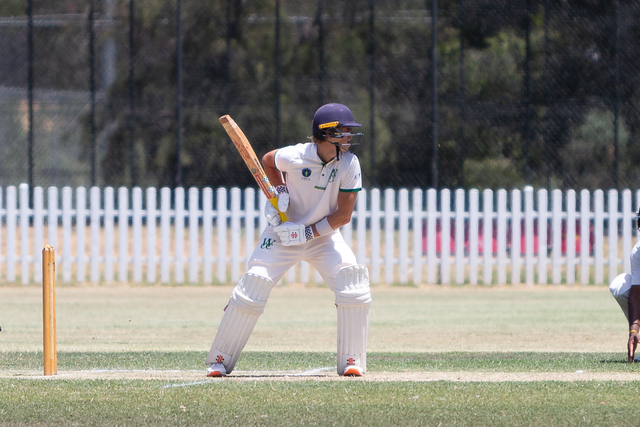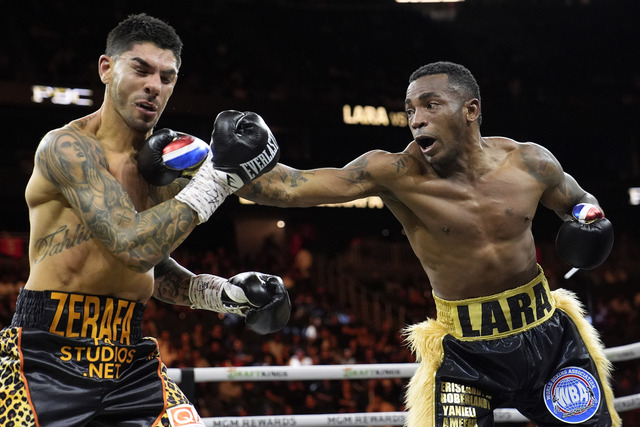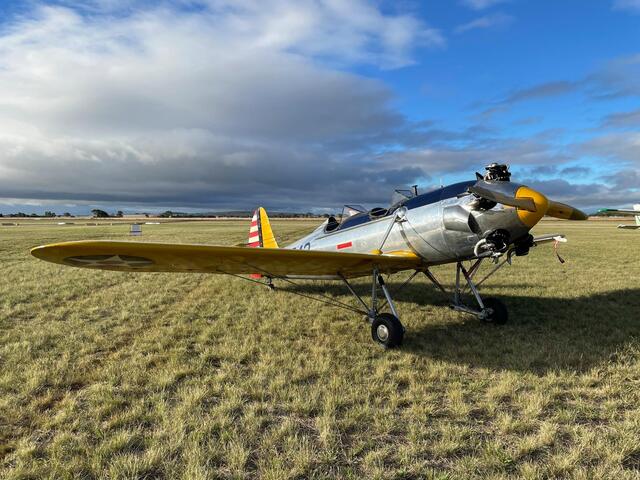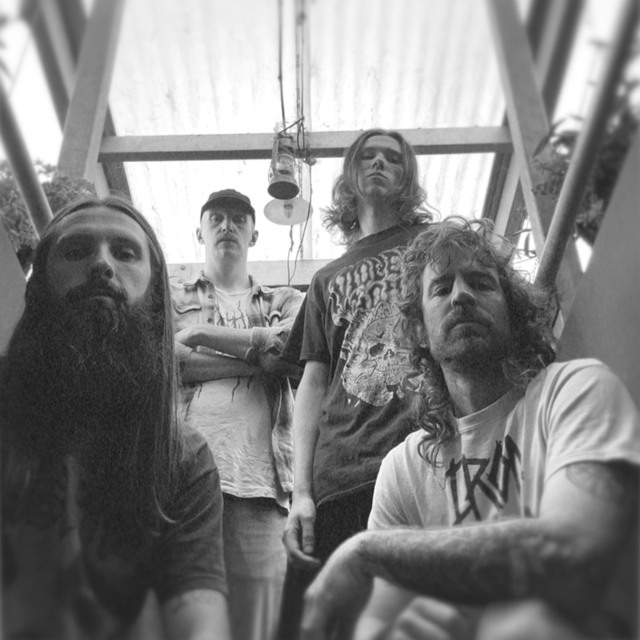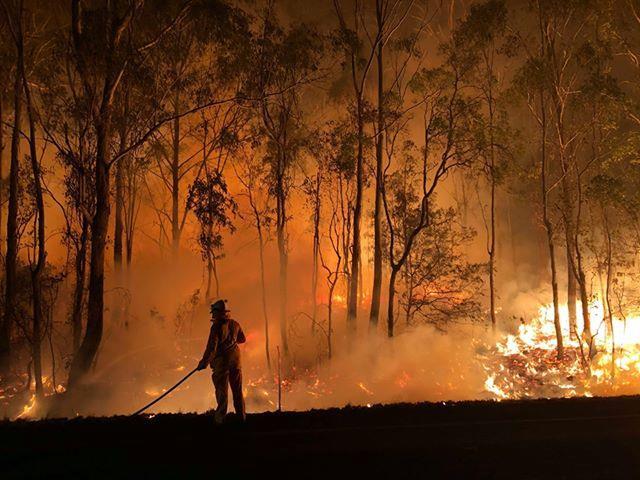For 45 years Jack Thompson has embodied the Australian spirit on screen and he’s not about to stop now, writes Peter Wilmoth
At 72 the great Jack Thompson still commands an impossible-to-ignore presence. He’s got the sort of baritone that belongs to the ages and is built for reciting verse. He’s a big man with big appetites for poetry, music and stories, and he has the gnarly demeanor of a bush balladeer with a harmonica in his pocket or a farmer who’s just returned from the fields, relaxing with a beer.
In very real ways, Jack Thompson is all of these things. He was there at the beginning of the Australian film industry in the late 1960s and, in his rough-hewn, no bullshit-style, has been ever-present since – as close to some sort of living Australian embodiment as our film industry has produced, Chips Rafferty notwithstanding.
“Over the years the experiences I have had in life have served me very well as an actor,” he says. “In Breaker Morant it was easy for me to understand what it was like to be in the army because I had (been); Sunday Too Far Away – I’d worked in shearing sheds as a 16-year-old.”
For Thompson, acting started as a hobby. “It was something I loved doing. I never thought of doing it professionally. We didn’t have a film industry here. If you wanted to be an actor you would have had to – like all of them did, Peter Finch, Bud Tingwell – they all went to England or, like Rod Taylor, to America.”
Thompson was in the army – the Medical Corp – running a pathology laboratory at Queensland Military Hospital. “I switched from a science degree to an arts degree. But all that time I was working at Twelfth Night Theatre. Michael Caton and I met there. But it was a hobby. He was a windmill salesman and I was a soldier. We would work at Twelfth Night putting on Shakespeare for schools.”
In the late ’60s, the Australian film industry gained momentum and Thompson was a major player, on screen and politically as an advocate for the industry. “I was excited by the Australian film industry and its growth. In 1968 when I started we weren’t making films. So, coincidentally, because of the time, I was part of the renaissance of Australian film, there at the front of it …
“We went (for Breaker Morant) to the Cannes Film Festival. There was a headline that described me as the flagship of the Australian film industry. My mate said, ‘How does it feel to be a flagship?’ I said, ‘It’s pretty scary, mate, the next headline could read, ‘Flagship sinks’,” says Thompson, laughing.
Thompson was telling Australian stories – shearers in Sunday Too Far Away and urban sex symbols in Petersen. “I felt that I was part of something vital and important,” he says. “Rather than say, ‘OK, now that I’m recognised I’ll go and make a career in Hollywood’, it was more like, ‘Now that I’m recognised let’s go, we’ve got something that we can do here’. I felt a responsibility to the industry I had become very much a part of.”
Thompson worked on several American productions including Midnight in the Garden of Good and Evil (1997). He relished the challenge of nailing different accents.
“There is a wide range of American accents … My first real American role was with Sally Field in a piece called A Woman of Independent Means. I had to play a man from East Texas. I worked with a wonderful dialect coach. In the end people thought I was from East Texas.”
“I love it if a shearer comes to me, or their father was a shearer and they’ve seen Sunday Too Far Away and they say, ‘That’s it, mate. I know that man you play.’ It is about being authentic.”
He’s no longer the young man who posed naked in Cleo in 1972, but he’s in good nick having lost a lot of weight after a health scare. It was while filming Baz Luhrmann’s epic Australia in 2007 that Thompson learnt he had an umbilical hernia, and doctors refused to operate until he had lost weight.
“It can kill you if it gets strangulated,” he says of the hernia. “And you’re in a plane … or if you can’t get to a hospital, it can strangulate and kill you very quickly.
“I had to wait until we finished filming. They wanted me heavy for the role so I stayed heavy but I had to use an elastic support to hold the hernia in all through the (filming), riding horses and everything.”
The doctor said it would be dangerous to operate unless he lost 10 kilograms, so he went on a strict diet and shed 12 kilograms in eight weeks. Over 18 months he lost 30 kilograms.
“After the operation, we had to go back and do some reshoots on Australia,” he says. “Baz turned and looked at me and said, ‘You’ve lost a lot of weight’. ‘Yeah’. He turned to his assistant and said, ‘Make a note – fat suit’.’’
Thompson has always had a great appetite for life – for music, poetry and country living. “I think it’s essential to have passions outside of acting. It’s your life experience that you bring to performance.’’ He likes “bringing people’s attention to the extraordinary heritage of literature we have in this country, which otherwise might be missed in the flurry of instant entertainment”.
As an actor, Thompson is still in demand. He has a small role in Luhrmann’s The Great Gatbsy. “I loved doing that.’’
It’s still a busy life, but Thompson can escape to his bolthole to refill the well. For more than 40 years he has owned a farm inland from Coffs Harbor in New South Wales.
“It’s not so much an escape,” he says. “If there is an escape, the escape is into the city. I see the farm and the life that it requires as pretty fundamental and pretty real. There’s no one out there to bullshit.
“There was an old guy out there, he was my neighbour … and I said once having been away working, ‘I’ve missed it, Bill, I don’t know what it is I miss about it, I miss the view, being here’, and he said, ‘You miss the dingo’s breakfast, Jack’. I said, ‘Yeah, what are you talking about?’ ‘You know the dingo’s breakfast – a piss on the ground and a good look round.’ I laughed. There’s something fabulously accurate about that …
“I had a romantic vision of the farm when I bought it in 1969. I’d only been working for a year as an actor. I knew that if it didn’t work out for me I could retreat to the farm and have a roof over my head. We had a vegetable garden, we’d have food in our mouths, chickens, eggs.
“The notion was that once my career as an actor was over … there’d be the villa from which I’d travel to my adventures in a different part of the world, and to which I’d return with tales of those adventures …”
Soon after our interview, Thompson flies to the US for his role in Bruce Beresford’s version of Bonnie and Clyde for HBO (Home Box Office). After 45 years, Jack Thompson is still front-and-centre on our screens, and he isn’t going anywhere. Except maybe to the farm for a dingo’s breakfast.


